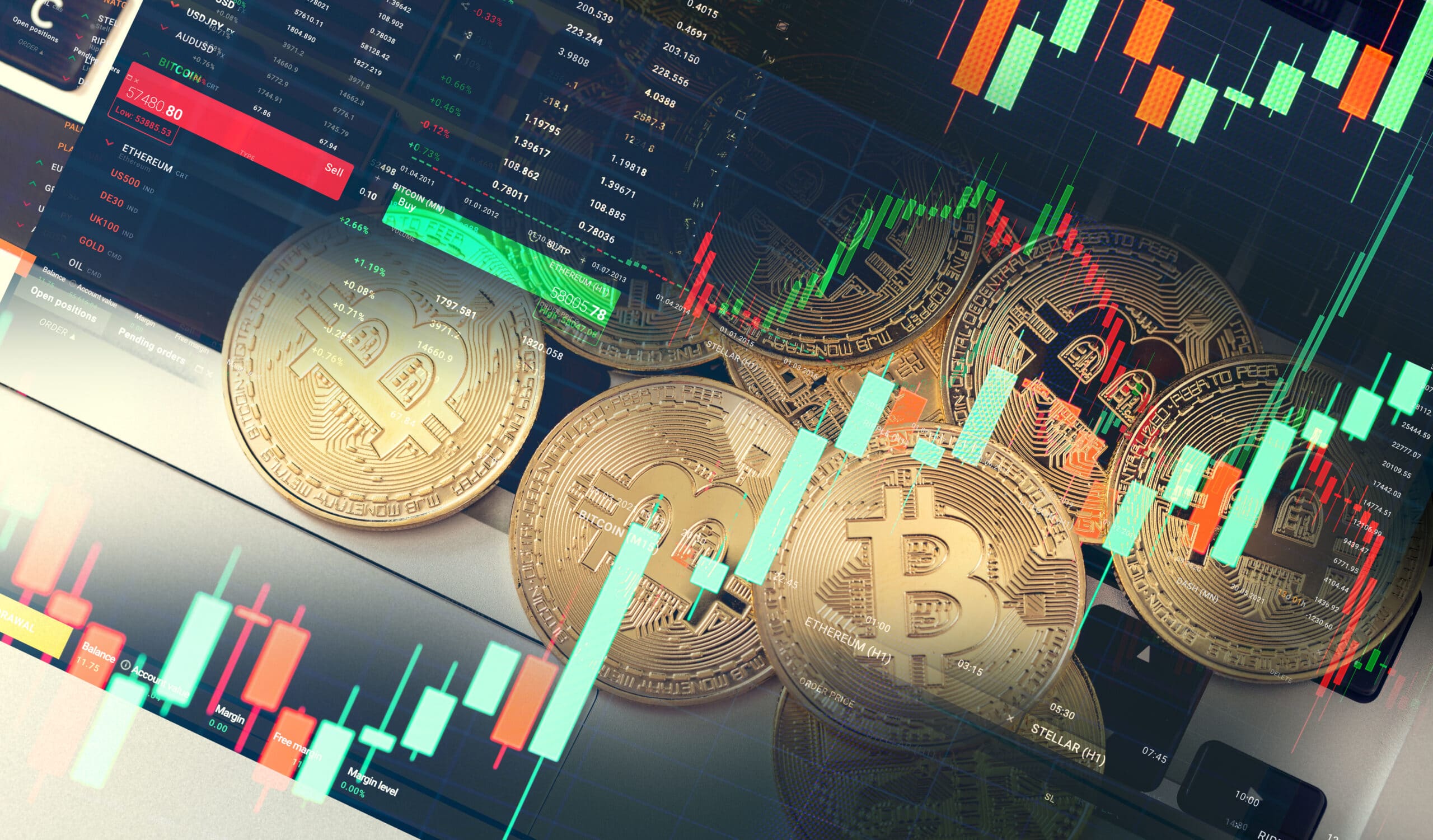
South Korea to Introduce Ban on Crypto Purchases via Credit Cards
Financial Services Commission (FSC), the financial regulator of South Korea has presented a proposal to ban credit card payments for cryptocurrency purchases. The law will prevent investors from the region from purchasing cryptocurrencies on credit using credit card transactions.
The regulatory agency has cited issues regarding illicit outflow and possible money laundering attempts using this method. Credit card payments allow citizens to purchase cryptocurrencies from foreign exchange platforms. Regulators have aired concerns regarding the illegal flow of domestic funds in overseas territories using credit card payments.
FSC regulators cited that scammers may attempt to perform illegal virtual asset transactions using credit card payments such as money laundering, price manipulation, and speculative trading, etc. Under the current laws, investors from South Korea can purchase virtual assets using verified accounts on regulated exchanges.
However, foreign cryptocurrency trading platforms are not covered under the existing laws. The platform has asked for public opinion on the matter which is open till 13th February. Once the public remarks are collected, the regulatory agency will review and implement the amendment during the first half of 2024.
South Korean Regulators to Take Action Against Unregistered Crypto Exchanges
Last month, financial regulators hailing from South Korea noted asked the public to report unlicensed cryptocurrency exchanges. Financial Intelligence Unit (FIU) and Digital Asset Exchange Association (DAXA) joined the initiative.
DAXA operates 5 major crypto trading platforms in the region namely Korbit, Bithumb, Upbit, Coinone, and Gopax. Financial regulators have stated that the crypto exchanges that breach Article 7 of Specific Financial Information Act will qualify as defaulters.
DAXA representative has stated that if operators are found involved in undeclared activities they will be subjected to FIU scrutiny and investigation.
In November, the Democratic Party of South Korea mandated parliamentary members to disclose all cryptocurrency holdings to ensure transparency. In October, the Financial Supervisory Service (FSS) published an amended the Virtual Asset Users Protection Act.
This law was passed at the beginning of 2023. Furthermore, the Central Bank of South Korea announced adding 100,000 locals to participate in the CBDC pilot set to take place in 2024.
South Korean Central Bank to Conduct Retail CBDC Pilot
Bank of Korea (BOK) has stated that it will conduct a CBDC pilot in 2024. On this account, the bank intends to invite 100,000 locals to participate in the event. BOK will collaborate with the Korea Exchange to test for carbon emission reduction and transaction feasibility.
As per the article, the pilot will take place during the fourth quarter of 2024. BOK is also considering conducting separate pilots if bank officials design individual projects. Agustin Carstens, general manager of the Bank of International Settlements (BIS) recently visited South Korea to discuss the local CBDC project.
As per BOK’s announcement, the pilot includes both retail and wholesale CBDCs with BIS offering technical support. BIS is currently leading CBDC adoption and working with the Swiss National Bank on a wholesale CBDC project.
Furthermore, the International Banking Association is also working with various monetary authorities hailing from China, Hong Kong, United Arab Emirates, and Thailand. At the same time, the association is also collaborating with the European Central Bank on a proof-of-concept project with a transaction tracker feature.
As per reports, CBDC is only allowed as a payment option at stores, exchanges, and peer-to-peer transactions. Regulators will collect data regarding the feasibility and efficiency of distributing and utility of the CBDC.




